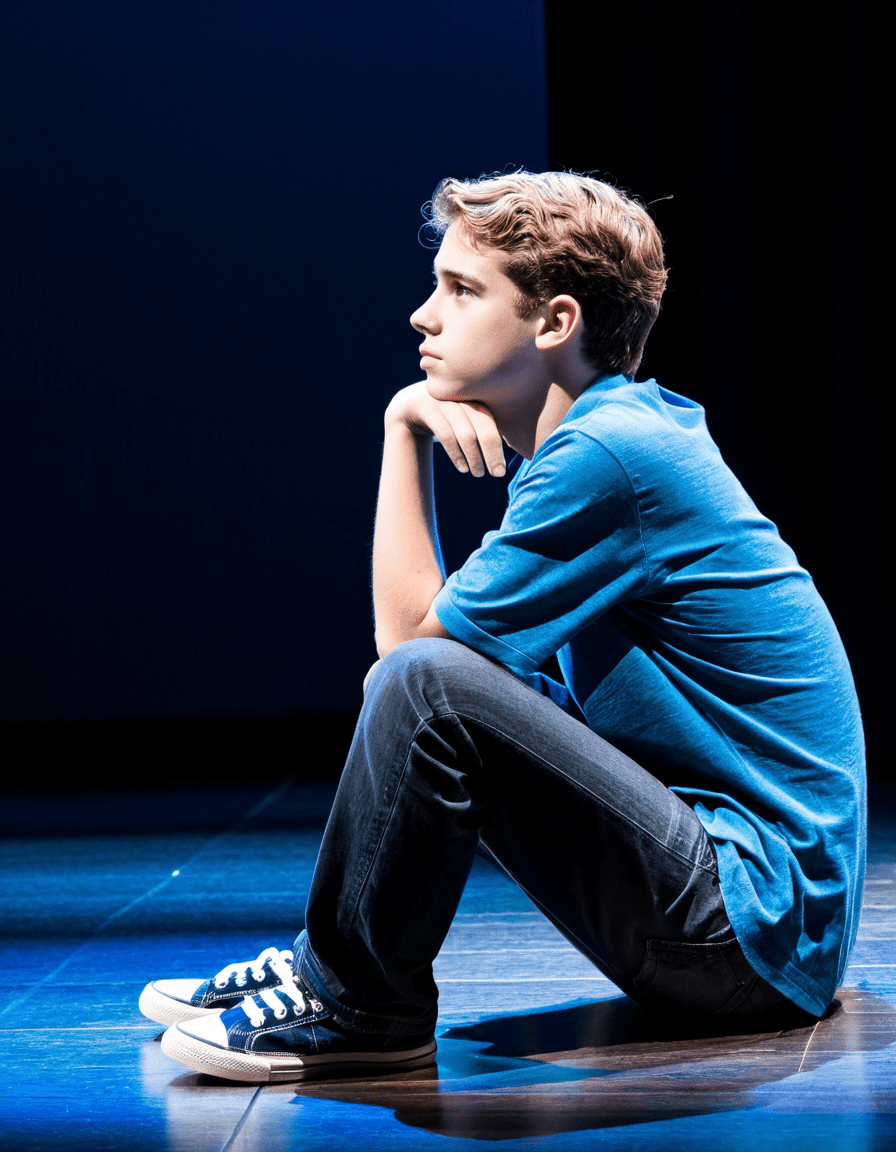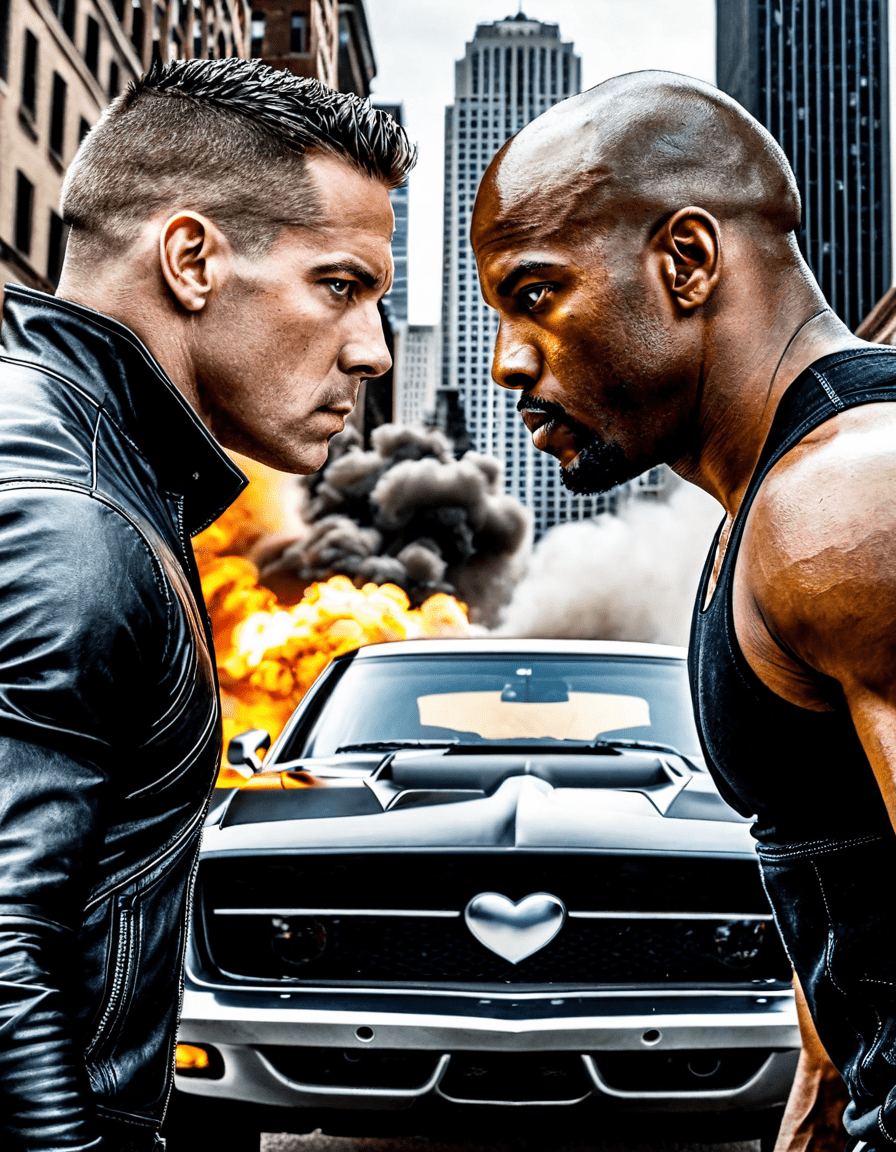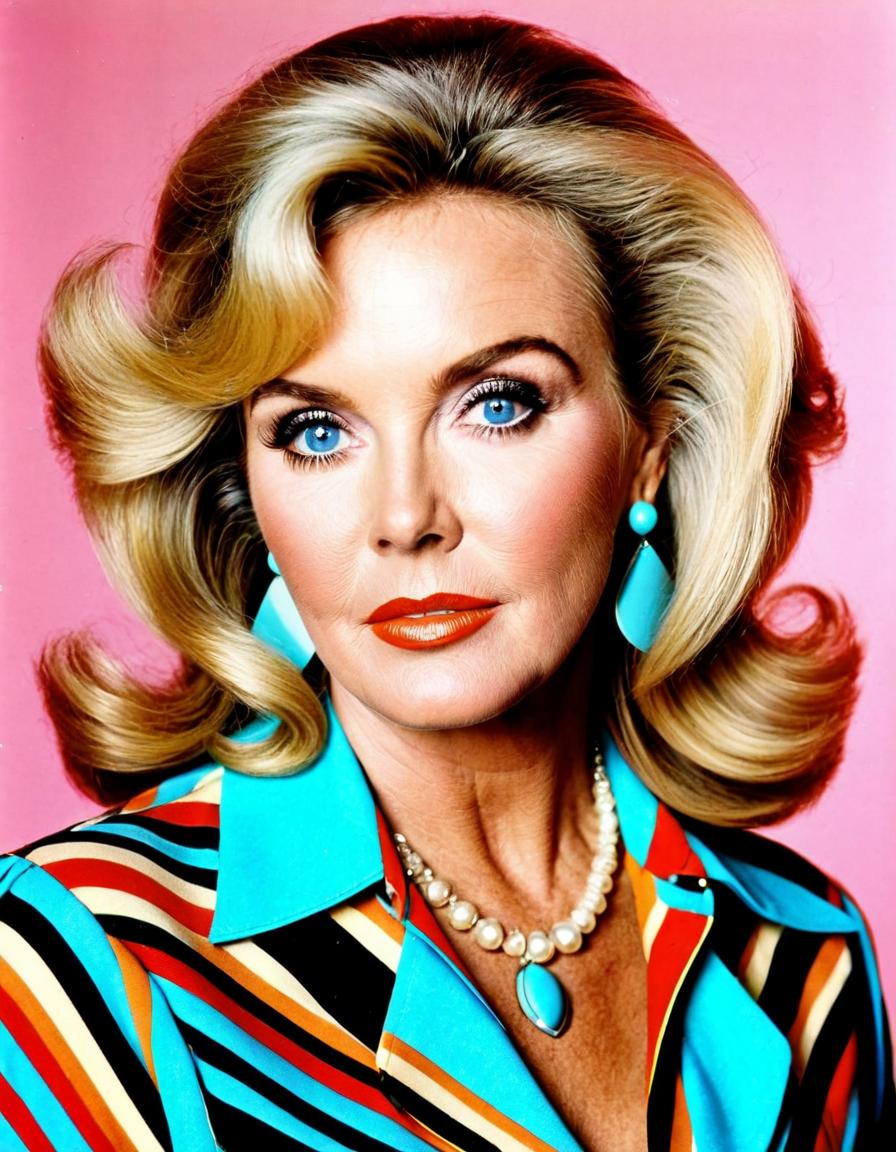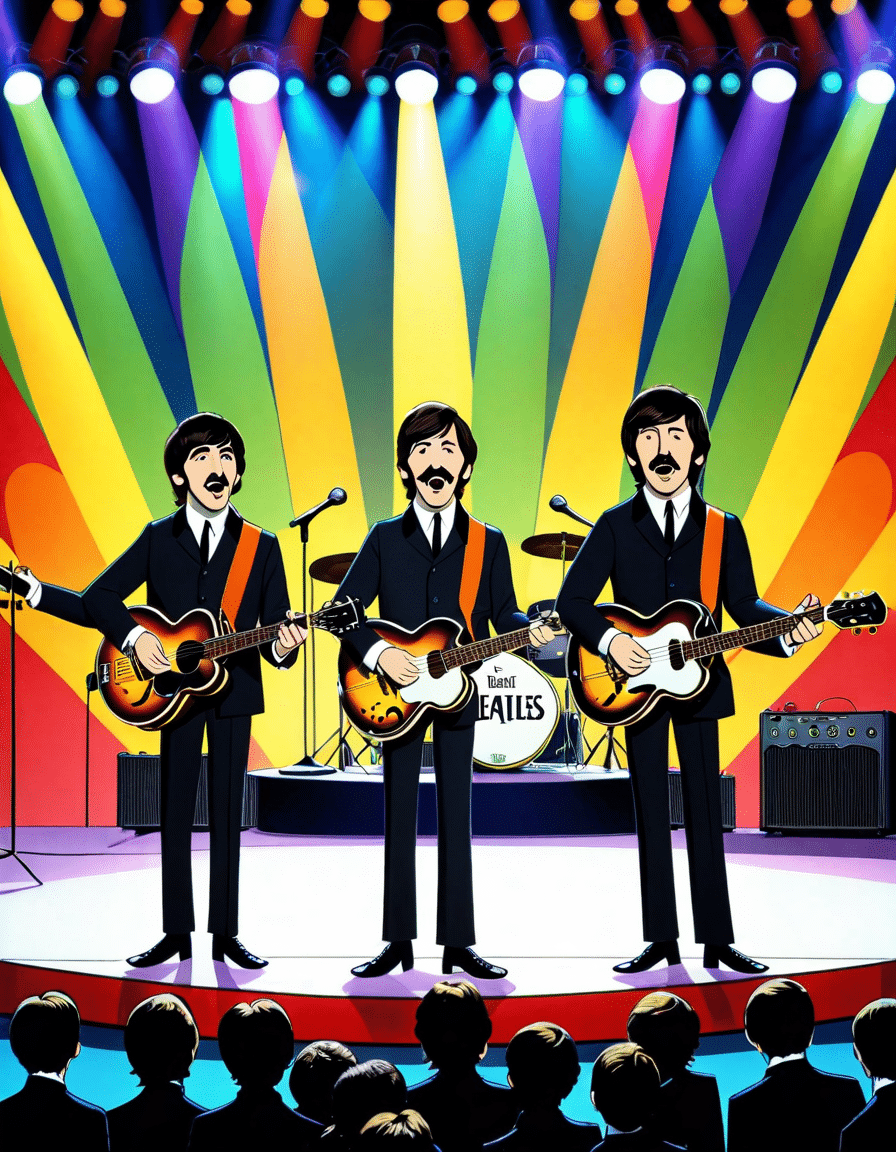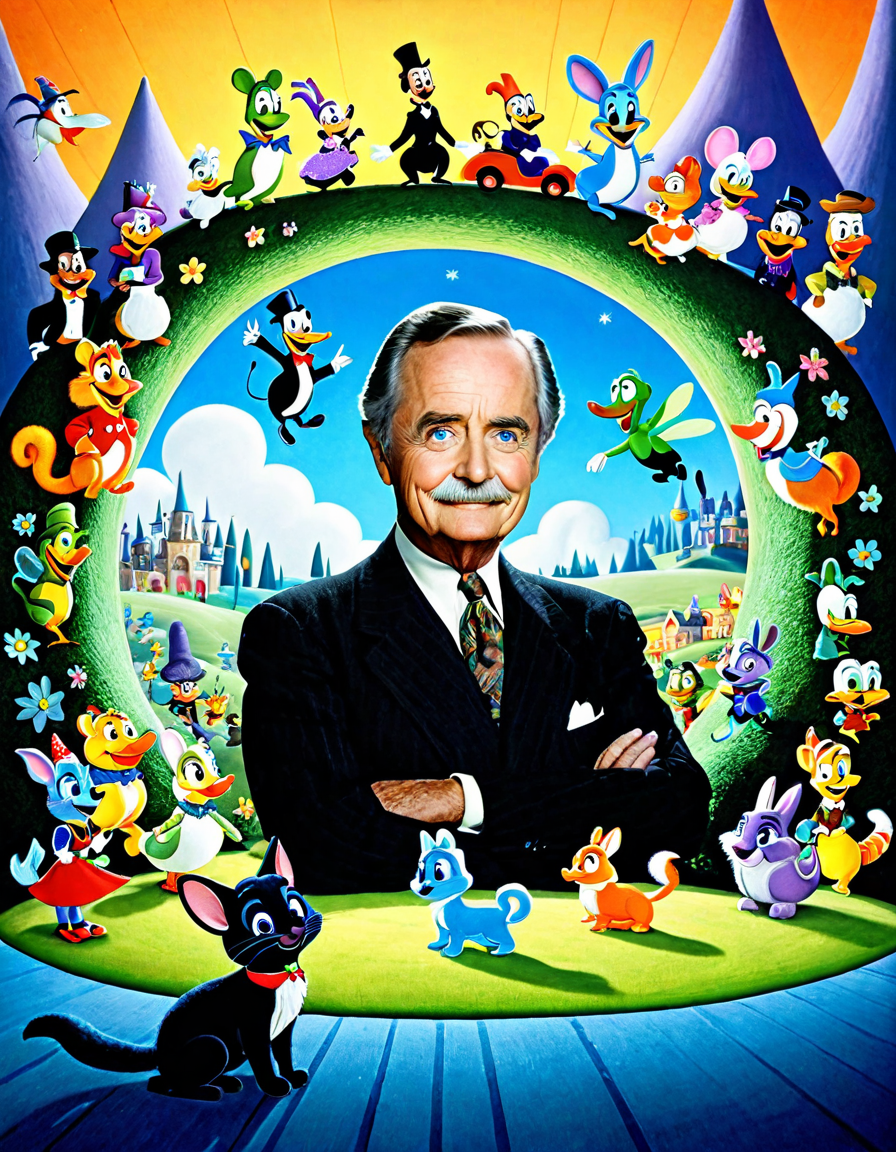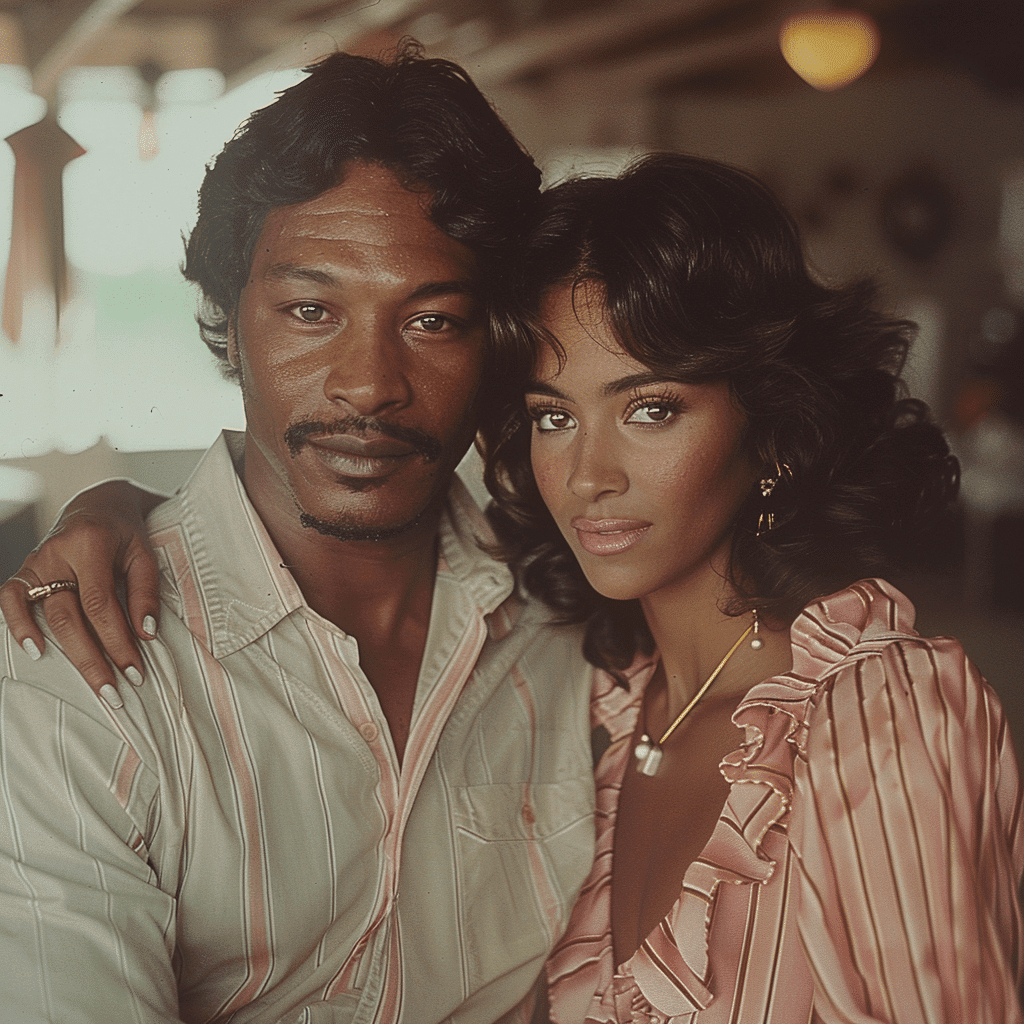When Fruitvale Station burst onto the scene in 2013, no one could have predicted the profound impact it would have on the discourse around justice and race relations in the U.S. Directed by Ryan Coogler, the film recounts the last fateful day of Oscar Grant’s life — a story filled with emotion, heartbreak, and brutality. It’s more than just a film; it’s a mirror reflecting the struggles faced by countless individuals in marginalized communities. In a world that often overlooks these narratives, Fruitvale Station serves as a clarion call, reminding us of the ongoing plight of racial injustice, even in 2026.
The storytelling power within Fruitvale Station ignites important discussions about police violence, societal perceptions, and the simple truth that not all stories have happy endings. With Oscar Grant’s life tragically cut short, Coogler pulls back the curtain on real-life issues, making it a cultural touchstone that’s just as relevant now as it was a decade ago. If you haven’t seen it yet, it’s time to grab some popcorn, settle in, and prepare yourself for a rollercoaster of emotions.
![Fruitvale Station (2013) Official Trailer [HD]](https://www.motionpicture-magazine.com/wp-content/cache/flying-press/0d3b30a54e7f39480999eb677ab5e34d.jpg)
The Impact of Fruitvale Station: A Cinematic Reflection of Reality
Fruitvale Station hits hard where it counts. The film captures the last moments of Oscar Grant on New Year’s Eve in 2008, illustrating a life filled with hopes, dreams, and many of the typical ups and downs we all face. Yet, beneath that normalcy lies a heartbreaking vulnerability, a tale that exposes the deep-seated issues of racial bias and systemic injustice. This isn’t just a movie; it’s an emotional manual for change, resonating with audiences across diverse demographics.
As we talk about Fruitvale Station, let’s remember how it does more than entertain; it educates and facilitates conversations about societal flaws. The film tactfully delves into the nuances of police-community relations and why they matter, especially in communities like Grand Prairie and Forest Hills. It reminds us that conversations about social justice shouldn’t just be confined to art but need to spill over into the streets and our everyday lives.
Let’s not forget the film’s ability to tug at our heartstrings while making us question our own perspectives. If you’re thinking, “Oh, it’s just another sad story,” think again. Fruitvale Station transforms raw emotions into a rallying cry for justice and understanding that sticks with you long after the credits roll.
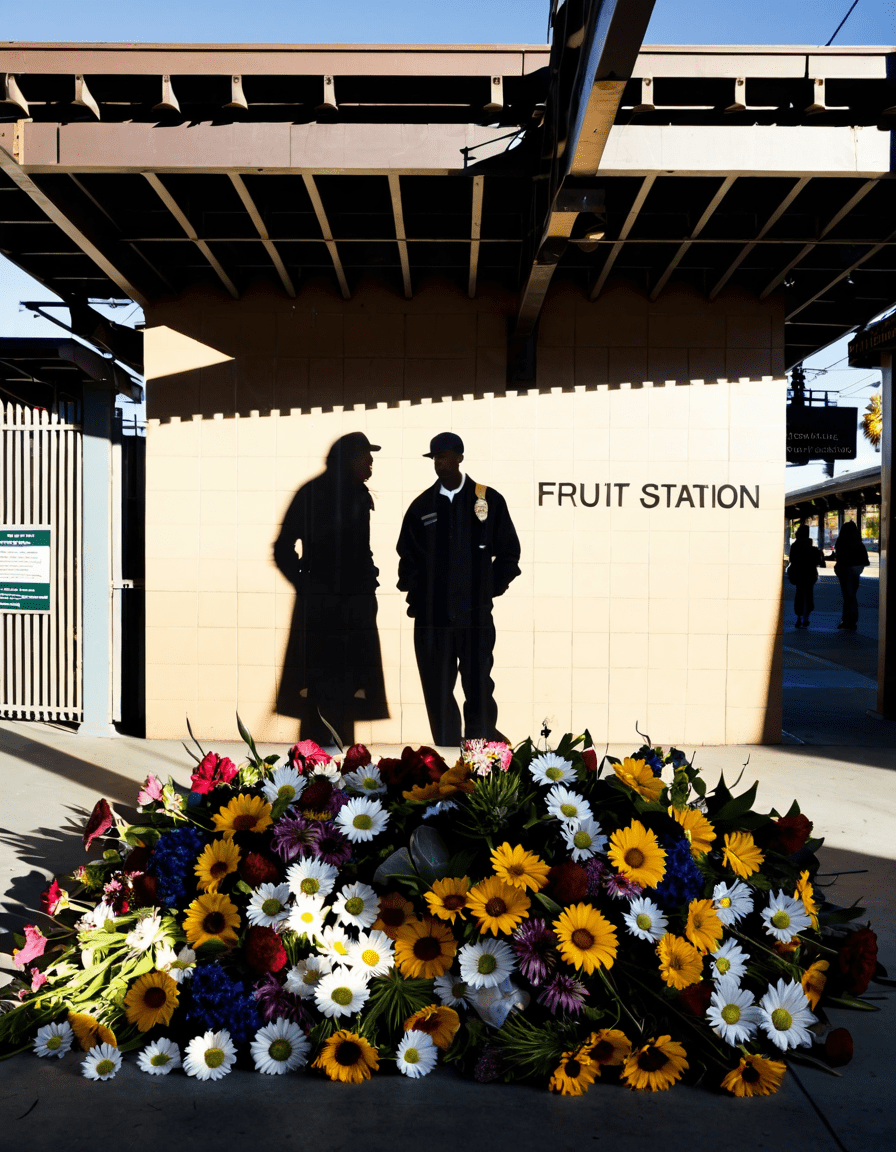
Top 7 Lessons from Fruitvale Station That Resonate Today
The magic of Fruitvale Station lies in its ability to resonate deeply, even as times change. So, what can we learn from this powerful narrative? Here are seven eye-opening lessons that apply to our lives in 2026.
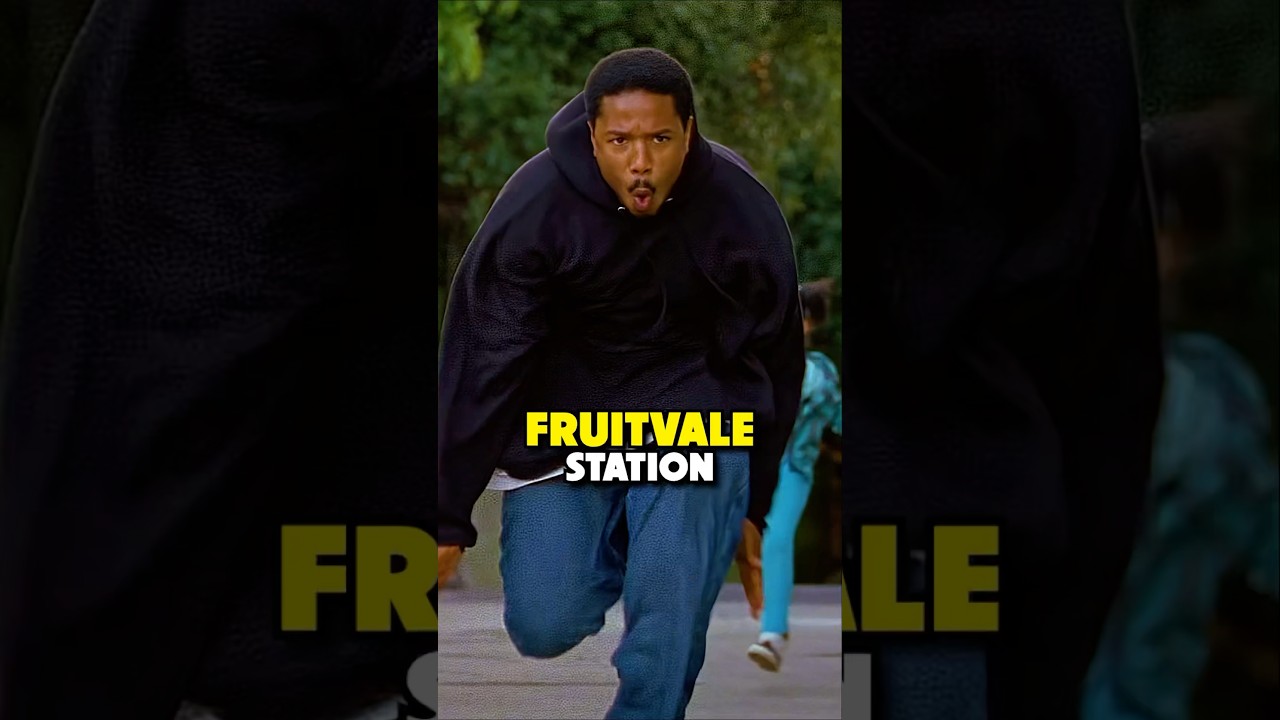
1. Empathy as a Catalyst for Change
Stepping into the shoes of Oscar Grant allows viewers to experience empathy in a visceral way. It diverts our eyes from mere statistics and focuses on real lives. Empathy is like a superpower; it helps bridge divides, a concept practiced in issues discussed in communities like Grand Prairie, where social justice dialogues are active and transformative.
2. The Risks of Surveillance: Analyzing the Role of Technology
With smartphones in everyone’s hands, we live in an era where tragedies are often documented and shared instantly. Much like the interactive vibe fostered by Camp Rock, the results of this automatic sharing can be a double-edged sword. While it raises awareness, it also forces us to grapple with ethical dilemmas about consent; are we doing justice to the individuals behind the footage?
3. Unequal Justice and Legal Advocacy Efforts
The injustice Oscar faced reflects systemic flaws in legal systems that still exist today. Much like the grassroots efforts in Forest Hills, communities are now stepping up to advocate for legal rights. Advocacy in today’s landscape is crucial, as marginalized communities continue to navigate a lopsided playing field.
4. The Power of Community Mobilization
Fruitvale Station showcases how a community comes together in the wake of tragedy, amplifying voices previously silenced. Just like how folks band together in Virgin River during tough times, the aftermath of Grant’s death spurred nationwide protests and movements demanding justice. The heartfelt community response is crucial for generating public discourse about pressing issues such as police brutality.
5. Mental Health Awareness and Emotional Aftermath
While the film beautifully portrays the fragility of life, it also illuminates the emotional toll of violence—not just on victims but their families too. Comparatively, we hardly talk about mental health in films targeted at wider audiences. Fruitvale Station prompts us to consider the long-lasting scars of such trauma, urging us to create spaces that allow discussions around mental wellness.
6. Representation and Authentic Storytelling
The film’s authentic portrayal of Oscar Grant’s story emphasizes the critical need for diverse narratives in cinema. This drives home the point that storytelling should not be the privilege of a select few. Today, initiatives promoting diverse voices mirror the impact of what Fruitvale Station has achieved—making cornerstones out of struggles in communities from Grand Prairie to more urban settings.
7. The Ripple Effect of Tragedy in Society
The broader implications of Oscar’s story serve as a reminder that tragedy doesn’t just affect individual families; it resonates throughout entire communities and societies. For example, the efforts unfolding in towns like Forest Hills aim to tackle the roots that lead to such incidents. Fruitvale Station clarifies that while one person’s story can be tragic, it can also motivate a multitude toward change.
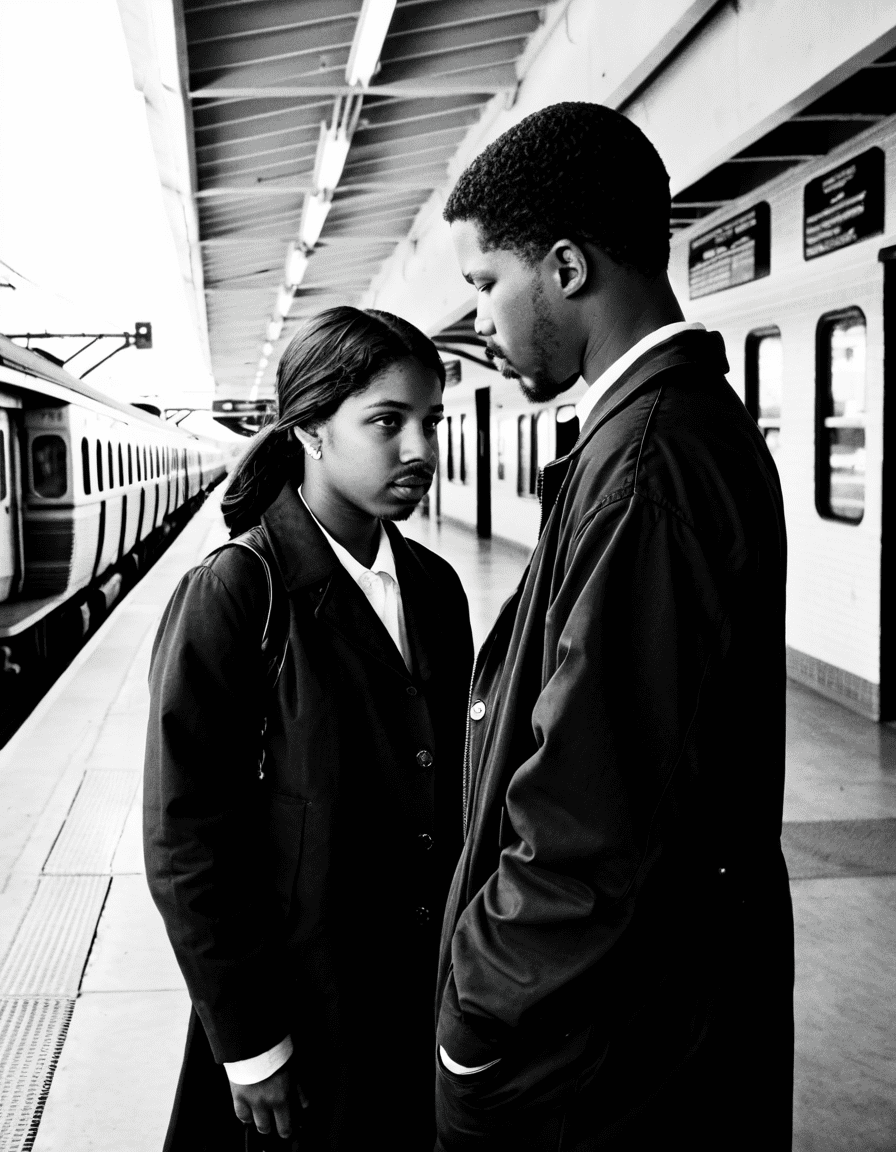
Revisiting the Legacy of Fruitvale Station
As we reflect on Fruitvale Station in 2026, it is undeniably more than just a recount of tragic events; it’s a call to action. The film challenges each viewer to confront uncomfortable truths about race, justice, and humanity. By tying Oscar Grant’s narrative to ongoing societal issues, it amplifies calls for awareness, empathy, and advocacy.
In this ever-changing landscape of racial justice dialogue, the lessons from Fruitvale Station are as relevant as ever. They remind us to continuously engage in meaningful conversations about our society’s flaws, pushing all of us toward a world more conscious of its tragic truths. So, whether you watch it for the first time or revisit it, let Fruitvale Station serve as an inspiration for personal growth and advocacy in your own community.
Catch the film if you haven’t already, grab a box of tissues, and allow yourself to feel, reflect, and hopefully, act. As we aim for justice and equity for all, let’s keep the conversation going, inspired by what we learn from Oscar Grant’s poignant story.
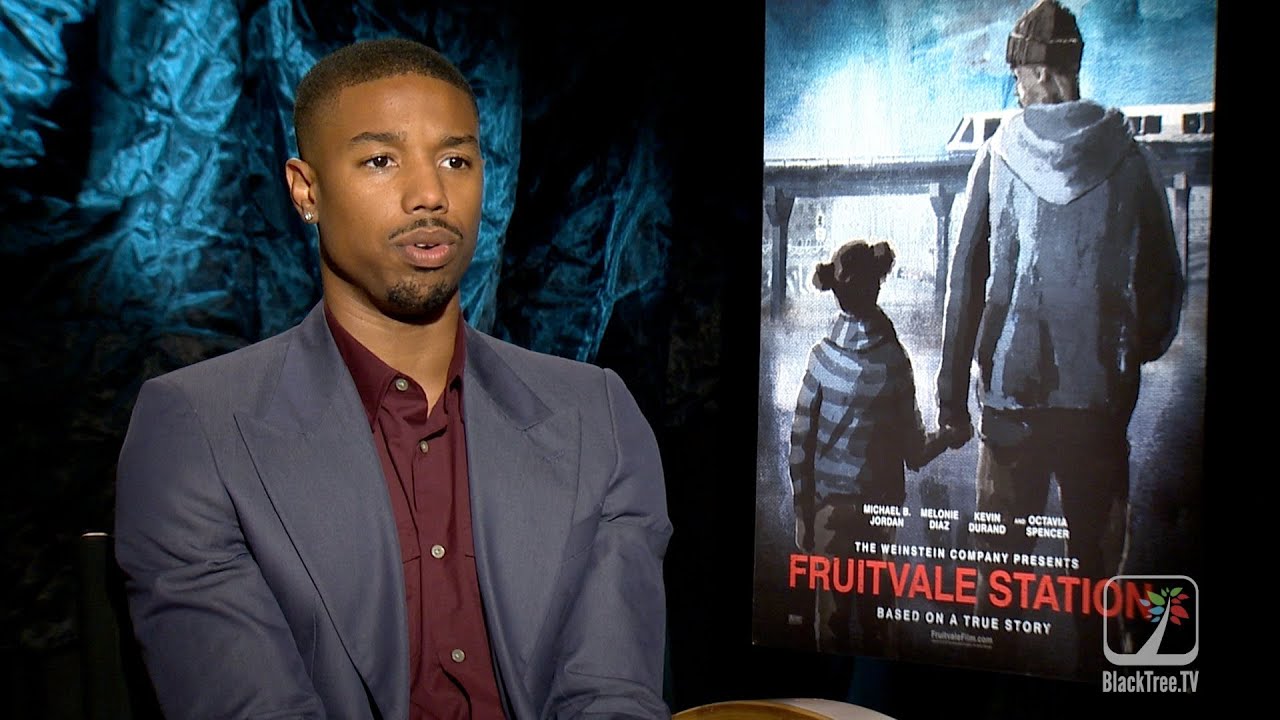
Fruitvale Station: Shines a Light on Tragic Truths
The Untold Stories Behind Fruitvale Station
Did you know that Fruitvale Station, the landmark for a heartbreaking story in modern American history, draws its name from a once-bustling area in Oakland, California? This very station acts as the backdrop for the tragic events that unfolded on New Year’s Day in 2009. The film, steeped in reality, serves up a raw, unfiltered look at life, showcasing how a single day can ripple through entire communities. For an intriguing journey into similar cultural narratives, you might enjoy reading about miracle moments in film history like those captured in Roswell.
The attention to detail in capturing the essence of a typical day at the Fruitvale Station is remarkable. The production team shot on location, giving the film an authenticity that resonates deeply. Interestingly, director Ryan Coogler, at just 26, penned the screenplay to pay tribute to Oscar Grant, highlighting social injustices that are often swept under the rug. For another perspective on tackling difficult themes, consider how Deadwood delves into the gritty realities of life on the frontier.
Individual Stories, Collective Impact
As the story unfolds, viewers meet various characters who each play a role in this tragic narrative. It’s a reminder that every individual has a story that contributes to a larger tapestry. The real Oscar Grant was known for his warmth and caring spirit, which makes the film’s events hit even harder. Wanting to amplify voices like Oscar’s is crucial, just as expressing the quirky yet vital moments found in Jumbo Josh adds depth to storytelling.
The film nods to the reality that conversations around race and justice aren’t new; they’ve long been a backdrop in American history. With events like those depicted in Fruitvale Station, it’s vital we keep the dialogue alive, understanding that it’s through conversations we can codify change. Even as we navigate these deep issues, one can’t help but think about the essential role of cinema in propelling social awareness. So, let’s remember these stories, and just maybe, we’ll steer towards a future that holds more promise.







